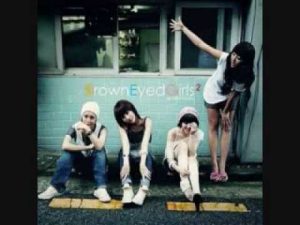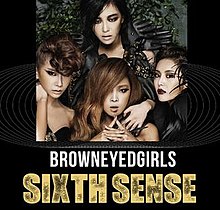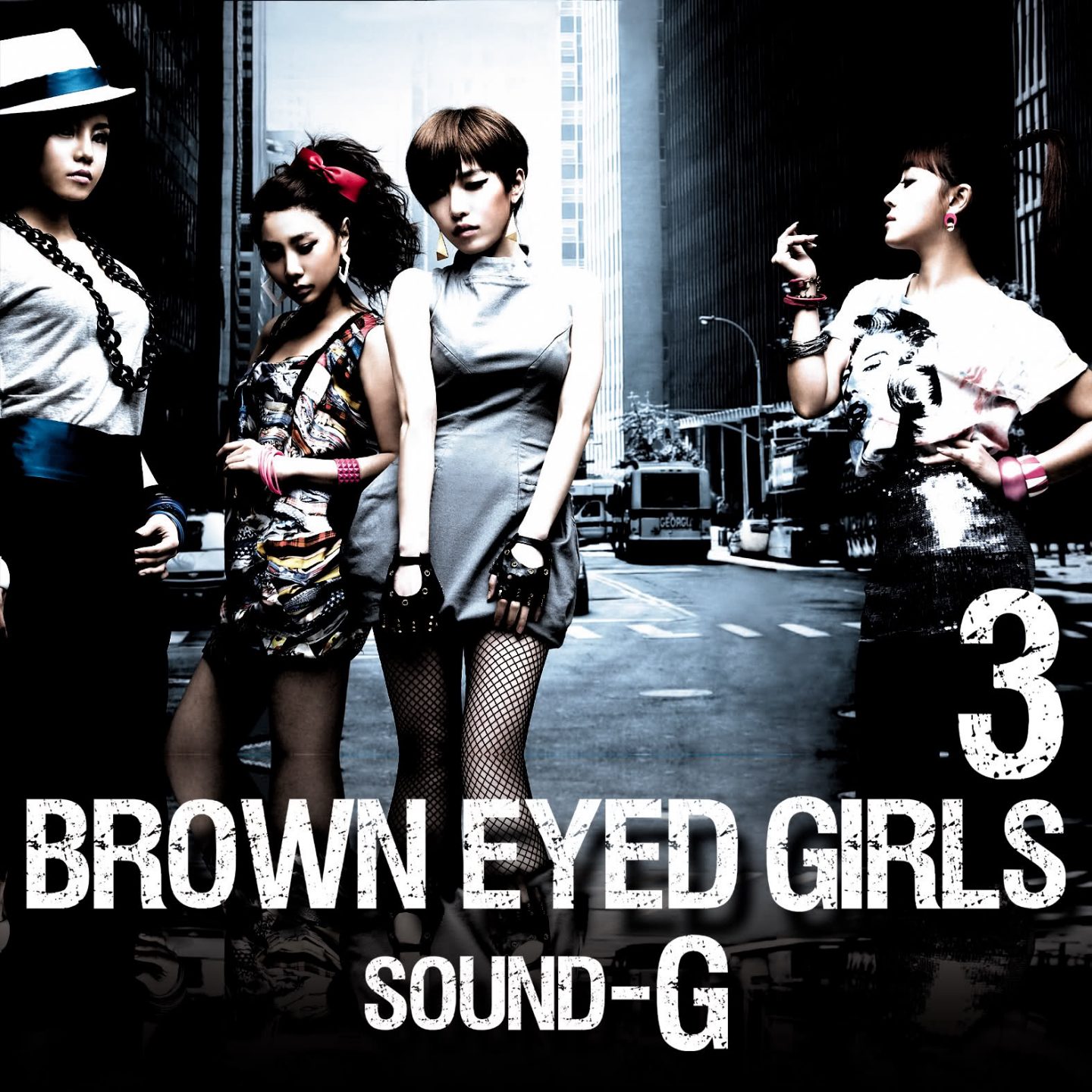
There is no group like the Brown Eyed Girls. The quartet have stayed together for thirteen years in a scene where most groups last five. They court controversy where others try to stay safe. The K-pop musical landscape is dominated by EPs buoying frequent comebacks, but the Brown Eyed Girls stick almost exclusively to full albums released at least two years apart. But the most striking thing about the Brown Eyed Girls is their music’s balance of pop sound and substance. They are known for their sharp commentary on feminism and female sexuality married to incredible vocals and catchy instrumentation.
But that image of the Brown Eyed Girls as the older sisters of K-pop, the women showing the girls how it’s done, the pushers of boundaries and rebels against society, did not appear overnight. Their first album was an R&B release, and one that sadly failed to make an impact. It was later albums Sound-G and Sixth Sense that turned the Brown Eyed Girls into the Brown Eyed Girls, and today, we are taking a look at how that happened.

While it was their third album that truly cemented what the Brown Eyed Girls would become, the first hints could be found on their previous release, Leave Ms Kim. The title track is a conversation between two women: Ms Kim, the responsible office worker, and her wilder friend. She’s desperately trying to talk Ms Kim into taking a walk on the wild side. The Brown Eyed Girls cajole with promises of sexy clothes, cute boys, and the ability to see life other than work. The R&B-influenced vocals are sweet and playful, but it’s the disco influences and brass horns catch the ear. The energy, pop influences, and infectious groove, in retrospect, are a quiet harbinger of what direction the Brown Eyed Girls would go in.
Sound-G was a serious change in sound for the Brown Eyed Girls, leaving R&B and ballads for electronica and dance-pop. “Glam Girl” was the perfect opening track, as it encapsulated that change with a powerful statement about who the Brown Eyed Girls were. It’s an utterly unapologetic ode to vanity. The ladies place their vocals on full display, with effortless runs married to harmonies and high notes. The harsh staccato synths and percussion drive the song forward while the ladies languidly sing their own praises. They absolutely revel in their looks while spinning a tale of tattoos, parties, and self-satisfaction. “Glam Girl” makes in clear that the only person they dress for is themselves, because that is what makes them feel good and anyone who derides them can just go.
“Candy Man”, also off Sound-G, takes a familiar topic and gives it a new spin, thanks to the maturity and self-awareness of the Brown Eyed Girls. The girl who falls for the bad boy despite knowing he’s trouble is a tale as old as writing. The deceptively upbeat instrumentation is chock full of synth bouncy synth layers and a rubbery beat, but the bite provided by the autotune and sharper synths let the frustration the ladies feel bleed through. They know their new boyfriend is a selfish user, but the Brown Eyed Girls blame only themselves for their heartbreak. Annoyed, hurt, feeling stupid, but with a sense of humorous disbelief, they wonder at what point they will stop falling for sweet-talking pricks. They know he’s bad news; it’s just the execution that gives the Brown Eyed Girls trouble, and “Candy Man” provides a solid anthem for anyone else having the same issue.

Shifting to their fourth album, Sixth Sense gives us “La Boheme”, an airy track that cuts away at expectations underneath its sweet exterior. The electronic piano, twinkling synths, and popping drums create a carefree atmosphere as the Brown Eyed Girls twirl about the treble clef, layering their voices in a pleasant cacophony as they extol the virtues bohemian life. They want to take risks, forge their own path, live. Honor and financial success are discarded in favor of love, passion, faith, and fun, with the electric guitar kicking in during the chorus for some extra muscle. The Brown Eyed Girls follow their own path and screw anyone who wants them to do otherwise.
“An Inconvenient Truth” showcases another side of the Brown Eyed Girls. The piano ballad leaves behind the feminist wish-fulfillment in favor of a heartbreakingly honest song about a relationship that’s gone on too long and probably should not have started. They have found themselves trapped in an unhappy relationship by surface civility. He faked a deeper interest in her to avoid hurting her, she pretended to buy it to avoid hurting him, and now they are both miserable because neither one is willing to be the bad guy and end it. The soft violin and accordion provide musical interest while allowing the emphasis to be placed on the devastatingly delicate vocals, the quiet precision communicating the Brown Eyed Girls misery flawlessly.
Rounding out the list is “Vendetta”, Sixth Sense’s closing track. Starting out with a bluesy horn riff, before bringing in drums, guitar, and organ, this is a song of utter fury. Someone did the Brown Eyed Girls wrong, and “Vendetta” is that fool being put on notice: You vanish or we’ll come after you. The track rises and falls, the guitar rollicking in rage before the organ calms down, only for it to start all over; all meshed with killer harmonies and stunning high notes. After this, the Brown Eyed Girls as we know them were set in stone.
The Brown Eyed Girls are a truly unique group, and narrowing this list down was painful. There are no bad Brown Eyed Girls songs. If there are any b-sides you think warrant mention, leave them in the comments.
(Images via Nega Network, YouTube)



